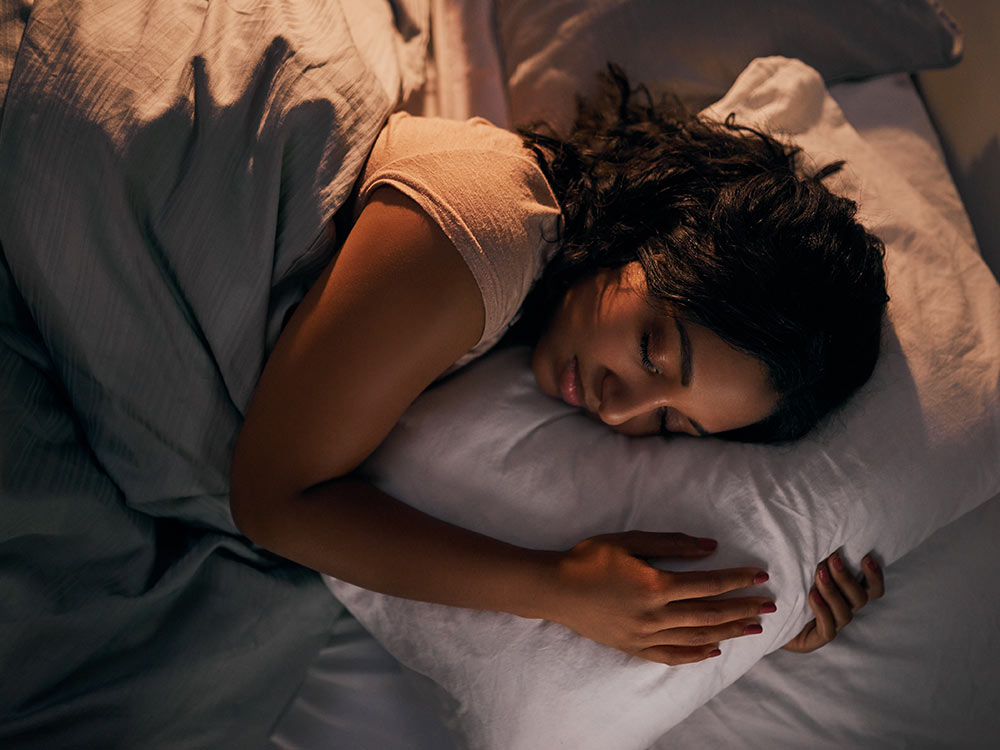Ring, ring, ring! The alarm clock sounds out, speaking before the sun can reach the horizon. That sound beckons you to get out into the cold of your room from the comfort of your fluffy blankets.
In instances, the first feature on their face that you might see when you look in the mirror is a thing we are all familiar with- eyebags.
It is common for students to feel the morning fog, having trouble fully waking up their mind before school.
The culprit for many?
Lack of sleep.
What happens when you lose sleep?
How much sleep one needs is dependent on how old they are. Newborns need close to the entire day, for babies, it is around 12-14 hours, and for adolescents and teenagers, it is about 8 hours.
You begin to require less sleep as adults, needing only about 7 hours of rest. When someone gets the ideal amount of rest every night, they go into REM sleep, a stage in their sleep cycle.
REM sleep assists the brain in recuperation, and organizing everything that has occurred in the time frame you lay awake into piles of information that is important and not important.
So, getting the right amount of sleep can help people sort out everything they might have been subconsciously or consciously worrying about, and aid in remembering critical knowledge.
In the context of school life, that could be recalling test dates, retaining studied information, or even simply holding onto information learned in classes. In the context of personal life, it is relatively similar, remembering vital dates such as; anniversaries, hangout times, and promises.
Vice versa, when you do not get enough sleep it is difficult to remember specific details, and it is increasingly laborious to pay attention to activities, to have the energy to do everything you want to do, and more.
Another concern is that brain fog in the morning attached to losing sleep can undoubtedly come between students and learning effectively.
Supported by Christopher Price, a psychology teacher at Tahoma High School, “The brain, it’s almost in a sense like, it’s, it’s going to be somewhat hyperactive. At least, disorganized, like let’s say cluttered. It’s like a messy room, right? Sleep kind of helps you clean it up. But when you don’t get enough sleep it’s still messy.”
Out of the many interviewed; students and teachers, 100% of participants expressed that sleep can help in a more successful life.
Although a correlation between sleep and achievement is not provable and success is possible without the recommended amount of sleep, having the energy and mind clearness achieved through rest aids in allowing the opportunity to succeed in school.
Cleaning up that messy room through sleep is crucial, and can open the chance to learn easier without any brain fog.
Even in some cases, sleep can help with the opportunity to build relationships with their peers because they can remember details about the person, and it helps in reasoning while conversing with them.
What can I do to get more sleep?
The reasons why you may miss out on their recommended 8 hours of sleep every night are various. Some could be; severe consumption of caffeine-filled beverages, packed schedules, distractions, rapid spinning thoughts, and other responsibilities.
However, there are techniques that you can use to prevent these reasons from interfering with you becoming the best version of yourself that you can be.
Some popular methods include having a journal before bed, limiting coffee consumption, and having a strict sleep schedule. The journal can help release any thoughts that may be preventing you from drift off while having a strict sleep schedule can aid in training your body to rest in specific time frames.
A method given by Alisha Burt, a journalism substitute at Tahoma High School, “Anything that you want to change, kinda needs to go on project status. So project statuses higher up on your list, and then make little adjustments to help it move up. Like, I talked about, maybe start with managing after-school time a little bit tighter. So you get more done then and protect that downtime when you need it, but make sure that you’re watching the clock. It’s about managing and finding balance.”
Limiting coffee consumption is relatively self-explanatory. If you have high doses of coffee after a certain period, it is increasingly difficult to fall asleep on time. Caffeine lowers naturally emitted melatonin levels and stays in the system for about 10 hours.
This can be detrimental to teenagers because rather than adults who produce melatonin sooner at about 9 pm, they naturally release it around 11 pm. Despite how long it takes for caffeine to leave the system, the recommended time before your selected bedtime is 6 to 8 hours.
In other words, it would be best to refrain from drinking caffeinated beverages anywhere between 2 to 4 pm.
Getting the right amount of sleep can aid in reaching your pinnacle of success, and with these techniques, sleep is a much more straightforward accomplishment.










